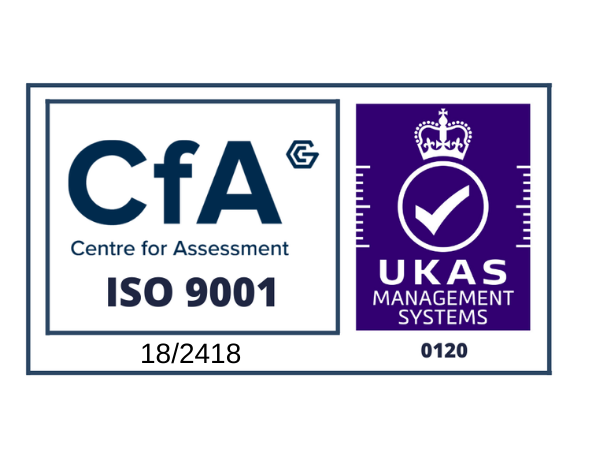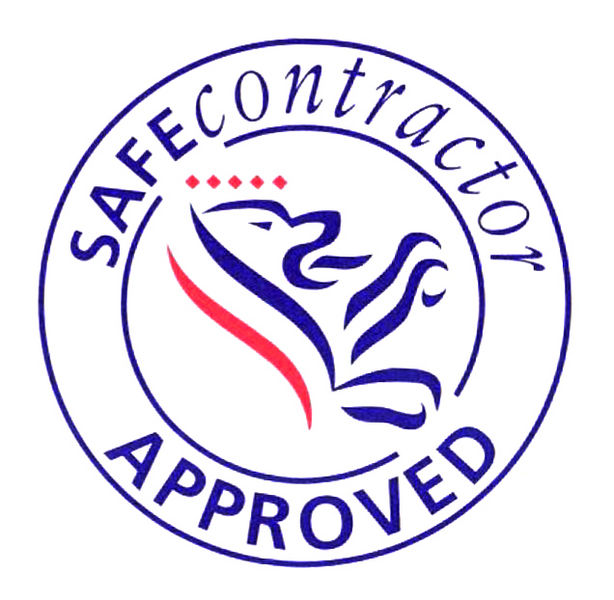Tackling the Issue of Japanese Knotweed
The problem of Japanese knotweed is one that affects many homeowners across the country. The weed is now prevalent in the majority of areas, with estimates to remove it completely put at ?1.25 billion. It is seen by many as unsightly, as well as having the potential to cause issues with a house sale. There are ways of tackling it if you find it on your property, though it won?t be quick or cheap.
Dealing with the Problem
If you have knotweed around your property, then it?s not easy to remove. The weed is classified as controlled waste, which means it can?t simply be thrown away with the rest of your rubbish. Once it has been removed, it needs to be taken to specific landfills where it can be dealt with in the correct way. When knotweed is found on construction sites, it\'s necessary to incinerate it and then place it deep in the ground. An airtight membrane is then placed on top, followed by a two metre layer of rubble. The site is then deemed safe to build on.
How to Treat Knotweed
Japanese knotweed is mainly an issue with new-build homes and rarely affects period properties. It can cause an unsightly mess if it is left to gather around your property, such as on fences or a glass balcony railing. There have also been issues with mortgage lenders asking for money to be allocated to deal with knotweed if it?s noted in a survey.
The good news is that knotweed can be successfully removed, though this isn?t necessarily an easy or cheap process. If you notice a small patch of knotweed, it?s best to start treating it straight away, as it will rapidly grow and spread.
This is not an area that you can tackle yourself, as you will need a professional company to ensure you comply with the relevant legislation. The best way of dealing with it is to apply a strong pesticide to the stems and then cut it back at relevant points in the year. This process should then be repeated around twice a year. A specialist will charge around ?300 for each course of treatment and will usually return twice a year for three years.
If you discover some knotweed on your land, it can often start alarm bells ringing. However, unless you are in a rush to sell your property, you will have time to deal with the situation.







